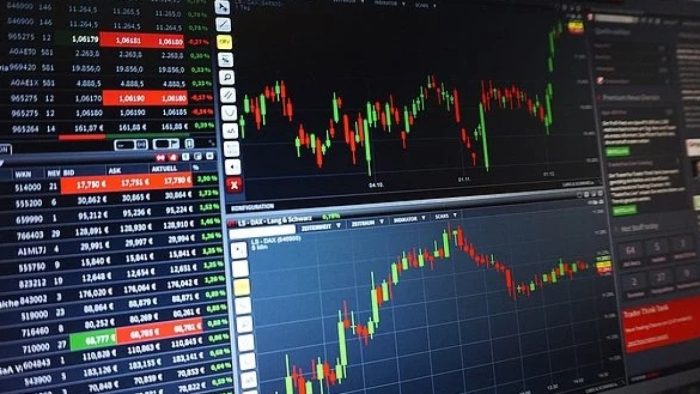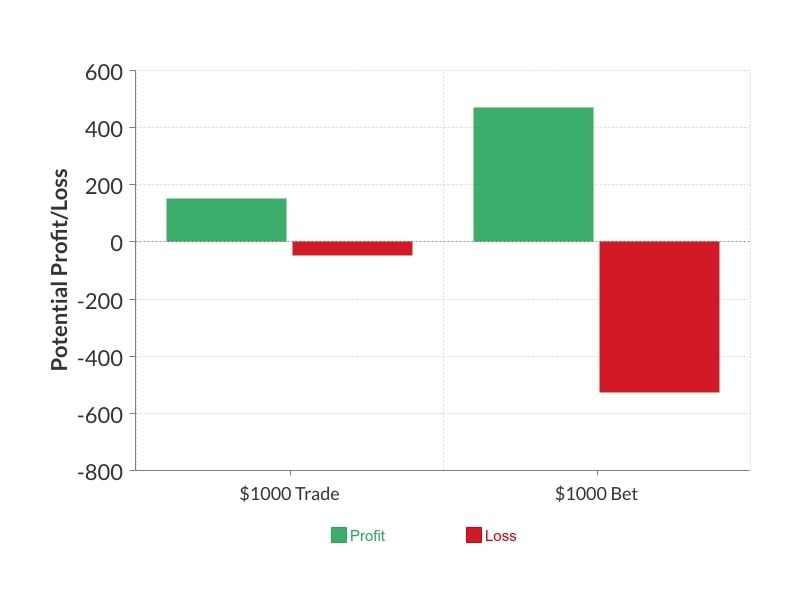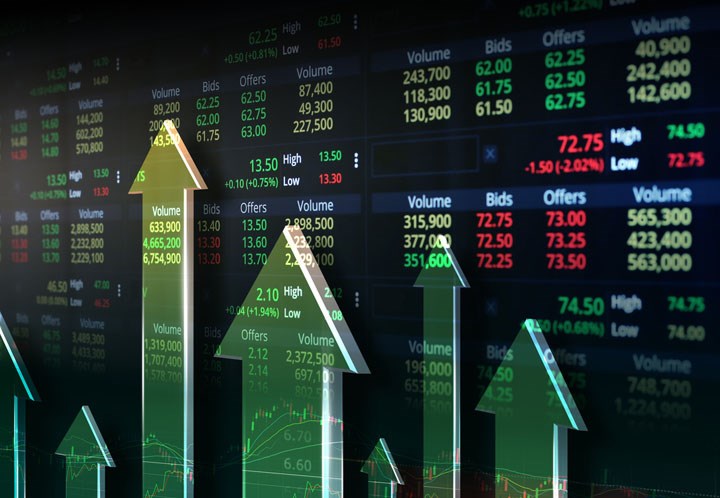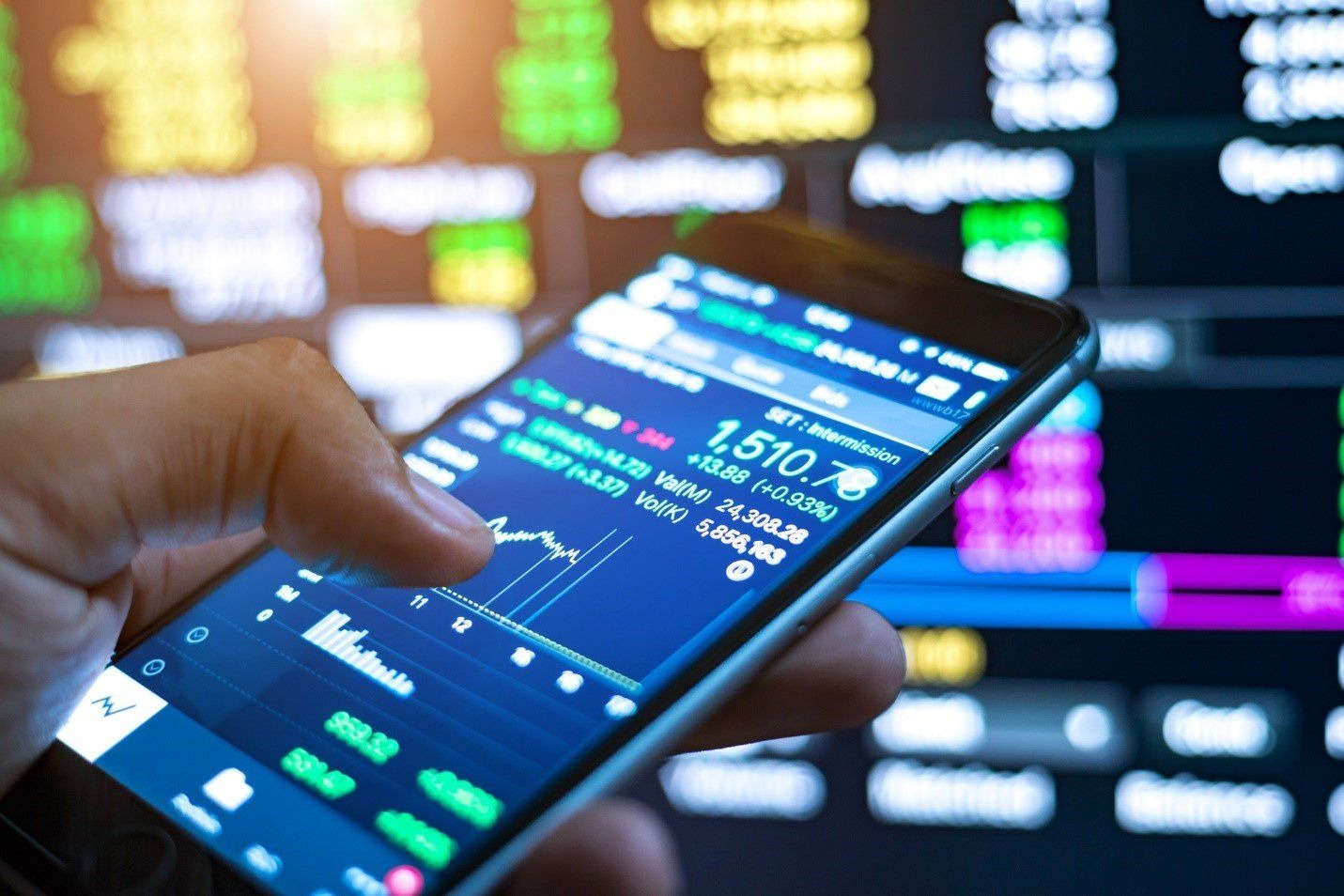Myths about trade:
Myth: Trading is all you need to make money fast!
The truth: trading is not a loss of money, it’s something you have to learn if you want to earn something…
Perhaps the biggest myth about public trading is that it’s all about making money fast. High risk, fast money, fast cars, etc., etc. The stereotypes surrounding trading are so common that most beginners start trading based on these stereotypes and therefore start with completely wrong thinking and expectations. These expectations become overwhelming awareness as soon as you lose a few trades and reality sets in.
That’s right, trading is not so much losing money as earning it. The reason is that if you want to make money in the markets, you first of all need to be a risk manager, a money manager, if you want. If you want to profit from large movements in the market, you need to learn how to save your trading capital by offering your time and showing patience in the face of constant temptations.

They will action not only with all the other traders trading in the markets they are looking at, but also with themselves, which is perhaps the most difficult opponent to win. Once they reach a point where they can get their trading capital and use it only for trading opportunities that meet their strict, pre-defined criteria set out in their trading plan, they conquer themselves and start taking money from others. market participants instead of giving them to them. They can only use their trading capital for trading that meets their strict, pre-defined criteria set out in their trading plan.
Myth: To become a trader, you need to be an Ivy League and Wall Street specialist
The truth: You don’t have to be super smart, trading is the same skill as math…
You know what? You don’t have to be a college graduate to become a successful trader. Trading is not just for a super-brilliant mathematician who sits and programs algorithms all day. In fact, excessive emotionality can be just as harmful to trading as excessive analyticity. Those who are too analytical tend to over-think and independently search for ideal trading opportunities.Ideally, you would like to have a good combination of intuition and analytical trading skills. Your gut instinct will tell you a lot of trading ideas and the desire to implement them, but your analytical/visionary thinking skills will be the control that will maintain the balance of your trade. Only when a trading idea corresponds to your inner feelings and your logical, objective analysis, you should think about entering it.
Myth: you have to have the perfect time to start making money in the markets in order to accurately choose the ups and downs
The truth: trading is not about choosing highs and lows, but reading charts from left to right…
You don’t need to choose the exact market reversal points to trade for money, as many people think. You need to read the diagram, the history on the diagram and understand what it is trying to tell you. Then they look for price action signals that make sense in the history of that chart.

On this current gold chart, we can see that the history on the chart was as follows:
There was an uptrend on the daily chart, which can be seen below. Then we outlined the main horizontal support levels for searching for signals. Then the price retreated towards support, forming an obvious barcode reversal signal there, suggesting that a long entry was reasonable. You can see what happened next. We read the chart and take into account the context in which a potential trading record is formed, and not just trying to choose the exact maximum or minimum without any sense or common sense.
Myth: you need a lot of money to be able to earn in the market
The truth: you don’t need to have a lot of money to start with, a good trader can make money regardless of the account size…
Traders often believe that they need a large trading account to trade successfully. But that’s just not true. IN FACT, you can lose money on a large trading account just as quickly as on a small trading account. It’s best to start with a smaller account, even if you have a lot of money to trade. Will a large stock of trading capital allow you to earn more money faster? Safe. But if you don’t know what you’re doing, you can also lose that money faster.
Myth: You need to know what will happen next in the market to make money.
The truth: You don’t have to be right or know what will happen next to make money, you need to understand that you can never know for sure what will happen
One big myth about trading is that in order to make money, you need to know what will happen next. It couldn’t be further from the truth, and in fact it’s not even possible. Part of trading is that for every trade you enter, there is a random expectation. That is, each individual transaction, considered, so to speak, in a vacuum, in fact, has a random result. This is because there are thousands, perhaps even millions of variables that affect the market at any given time at any given time. As a result, the deal can really go both ways, even if you think that you are 100% right about this.

Myth: You need a high percentage of your trades to be a winner in order to make money
The truth: You don’t need to win a high percentage of your trades, instead you should maximize your winnings…
You’ve probably heard about the risk-reward ratio, but do you really understand their power? You don’t have to win all your trades to make a lot of money in the market, in fact you don’t even have to win most of your trades! You ask, how is this possible? By understanding and effectively using the risk-reward ratio.
Let’s say you set a risk reward in a ratio of 1:3 for each trade you make. This means that you risk 1 rupee, where R = dollar risk, to get 3 or 3 times your dollar risk. With this risk-reward ratio, you only need to win 25% of your trades to break even, and about 27% of that to make a profit (after taking into account commission/spreads).


